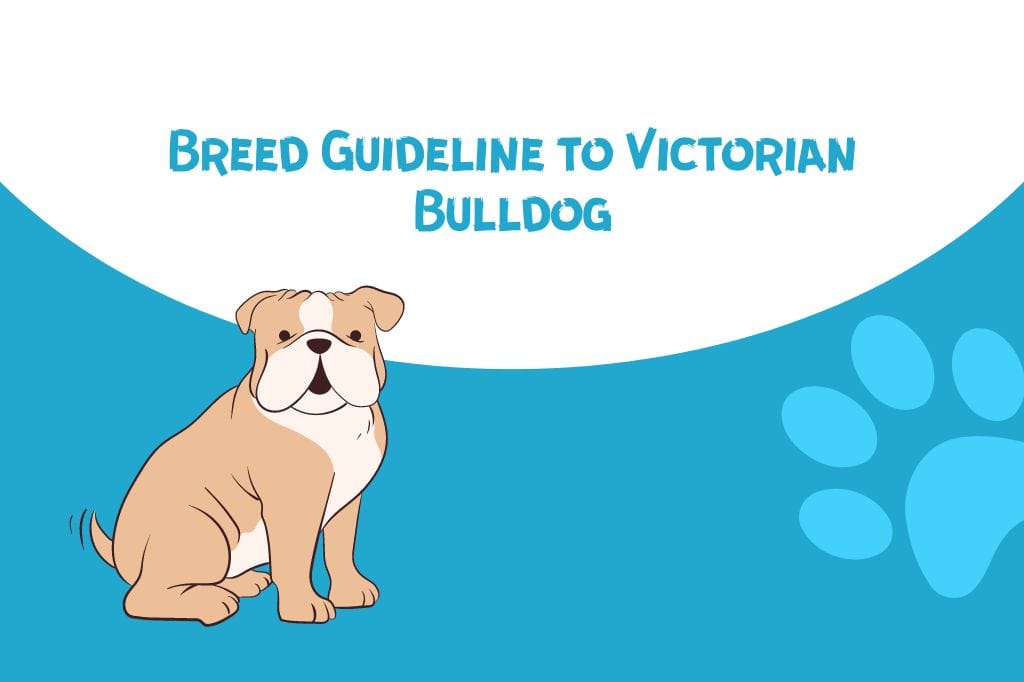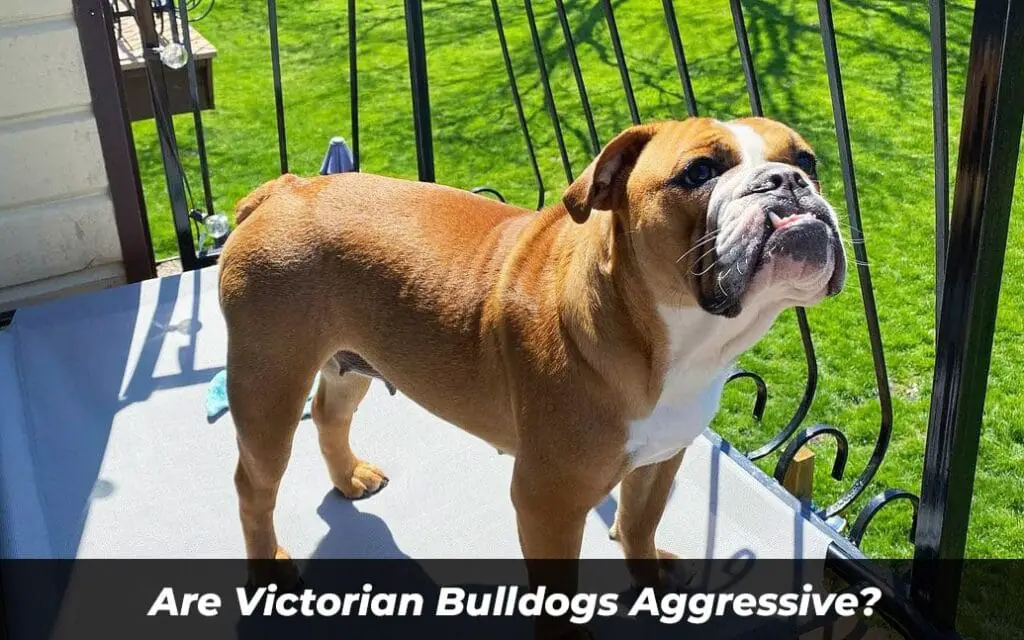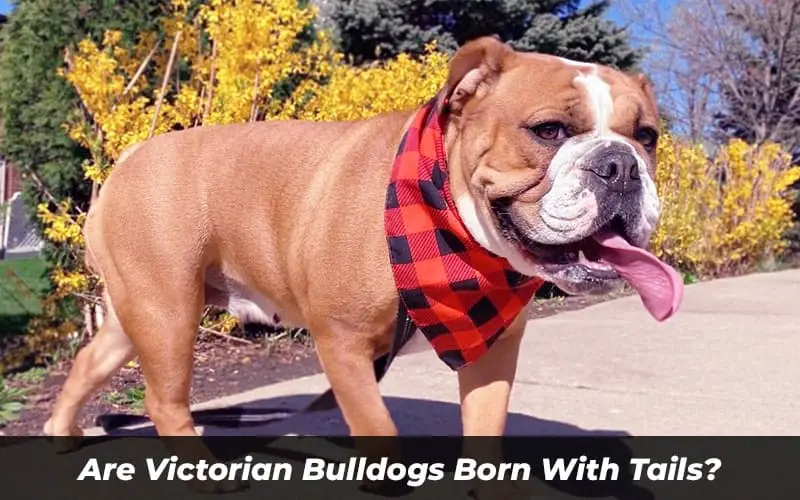Step into the world of Victorian Bulldogs, where beauty meets charm in a breed that’s often overlooked. With their adorable wrinkled faces and sturdy build, these little-known canines hold a captivating allure that is hard to resist. In this article, we will unmask the unique characteristics and history of Victorian Bulldogs, shedding light on their fascinating journey.
Unlike their more popular cousins, such as the English or French Bulldogs, Victorian Bulldogs have managed to retain their working dog instincts while embracing a gentle and affectionate demeanor. Bred to be loyal companions, they excel at forming close bonds with their owners and thrive on human interaction.
Originating from England during the Victorian era, these dogs were initially bred for bull baiting. However, over time, they adapted to life as a family pet, resulting in a breed that is both courageous and amiable. Despite their rugged appearance, Victorian Bulldogs are known for their playful and tolerant nature, making them an excellent choice for families with children and other pets.
So, if you’re in search of a loyal and loving companion with a touch of old-world charm, look no further than the fascinating world of Victorian Bulldogs. Discover their alluring personality, remarkable history, and the joy they bring into the lives of those who open their hearts to them.
History and Origins of Victorian Bulldogs
The history of Victorian Bulldogs can be traced back to England during the Victorian era. Originally, these dogs were bred for bull baiting, a popular sport in which dogs would confront and harass bulls. With their strong jaws and determined nature, Victorian Bulldogs were well-suited for this gruesome task. However, as society evolved and such sports were banned, the breed faced the risk of extinction.
Fortunately, a group of dedicated breeders stepped in to ensure the survival of Victorian Bulldogs. They selectively bred these dogs, focusing on their temperament and adaptability. By introducing gentler traits and reducing their aggression, they transformed the breed into a loving and loyal companion.
Physical Characteristics of Victorian Bulldogs
Victorian Bulldogs have a distinct physical appearance that sets them apart from other bulldog breeds. They are medium-sized dogs with a muscular build and a compact frame. Their head is large and heavily wrinkled, giving them a unique and endearing expression. With their short coat and a variety of colors and patterns, Victorian Bulldogs are truly a sight to behold.
One of the defining features of Victorian Bulldogs is their strong and powerful jaw. This is a characteristic they inherited from their bull-baiting ancestors. Their jaws are designed to be robust, enabling them to hold onto prey or engage in strenuous activities. However, it’s important to note that modern Victorian Bulldogs have a much gentler nature and are not aggressive by nature. Read this article to understand the aggressiveness of victorian bulldogs.
Personality Traits of Victorian Bulldogs
Despite their rugged appearance, Victorian Bulldogs are known for their playful and tolerant nature. They are incredibly affectionate and thrive on human interaction. These dogs form strong bonds with their owners and are always eager to please. Whether it’s cuddling on the couch or engaging in outdoor activities, Victorian Bulldogs are happiest when they are by their family’s side.
Another remarkable trait of Victorian Bulldogs is their adaptability. While they were initially bred for bull baiting, they have successfully transitioned into family pets. They get along well with children and other pets when properly socialized. Their friendly and gentle nature makes them an excellent choice for families looking for a loyal and loving companion.
Training and Socialization for Victorian Bulldogs
Training and socialization are crucial for any dog breed, and Victorian Bulldogs are no exception. Starting early with obedience training is essential to ensure that these dogs grow up to be well-behaved members of the family. Positive reinforcement methods work best with Victorian Bulldogs as they respond well to praise and rewards.
Socialization is equally important for Victorian Bulldogs. Exposing them to different environments, people, and animals from a young age helps them develop confidence and good manners. It also reduces the likelihood of fear or aggression towards unfamiliar situations. Taking them to puppy classes and organizing playdates with other dogs can be beneficial in this regard.
Health Considerations for Victorian Bulldogs
Like any other breed, Victorian Bulldogs are prone to certain health issues. One of the most common concerns is their susceptibility to breathing problems due to their short muzzle and compact airways. This can lead to snoring, snorting, and difficulty in regulating body temperature. It’s important for owners to be aware of these issues and take necessary precautions.
Additionally, Victorian Bulldogs are prone to joint problems such as hip dysplasia and patellar luxation. Regular exercise, a balanced diet, and maintaining a healthy weight can help minimize the risk of these conditions. Regular check-ups with a veterinarian are crucial to catch and address any health issues early on.
Grooming and Maintenance for Victorian Bulldogs
When it comes to grooming, Victorian Bulldogs are relatively low-maintenance compared to some other breeds. Their short coat requires minimal brushing, making them an ideal choice for those who prefer a dog with less shedding. However, regular bathing and cleaning of their wrinkled faces are important to prevent skin infections and keep them looking their best.
It’s also essential to pay attention to their dental hygiene. Like many other bulldog breeds, Victorian Bulldogs are prone to dental problems. Regular brushing of their teeth and providing appropriate chew toys can help maintain good oral health.
Victorian Bulldogs as Family Pets
Victorian Bulldogs make excellent family pets due to their loving and gentle nature. They are known for their patience and tolerance, making them suitable companions for households with children and other pets. Their affectionate disposition and desire to please their owners make them a joy to have around.
However, it’s important to note that Victorian Bulldogs do require a certain level of attention and companionship. They do not do well when left alone for long periods and may develop separation anxiety. Families considering adopting a Victorian Bulldog should be prepared to provide them with the love and care they need.
Finding and Adopting a Victorian Bulldog
If you’ve fallen in love with the charm of Victorian Bulldogs and are considering adding one to your family, there are several options to consider. Responsible breeders who prioritize the health and well-being of their dogs can be a good place to start. They can provide valuable information about the breed and ensure that you adopt a healthy and well-socialized puppy.
Alternatively, adopting a Victorian Bulldog from a rescue or shelter is a wonderful way to give a deserving dog a second chance at a loving home. Many organizations specialize in bulldog breeds and can help match you with the perfect companion. By adopting, you not only provide a home for an animal in need but also contribute to reducing the demand for puppy mills and unethical breeding practices.
Conclusion: Celebrating the Unique Charm of Victorian Bulldogs
In conclusion, Victorian Bulldogs are a remarkable breed with a rich history and captivating personality. From their origins as bull-baiting dogs to their transformation into loyal family companions, these dogs have come a long way. With their affectionate nature, adaptability, and distinctive appearance, Victorian Bulldogs have the ability to bring immense joy and love into the lives of those who welcome them into their homes.



